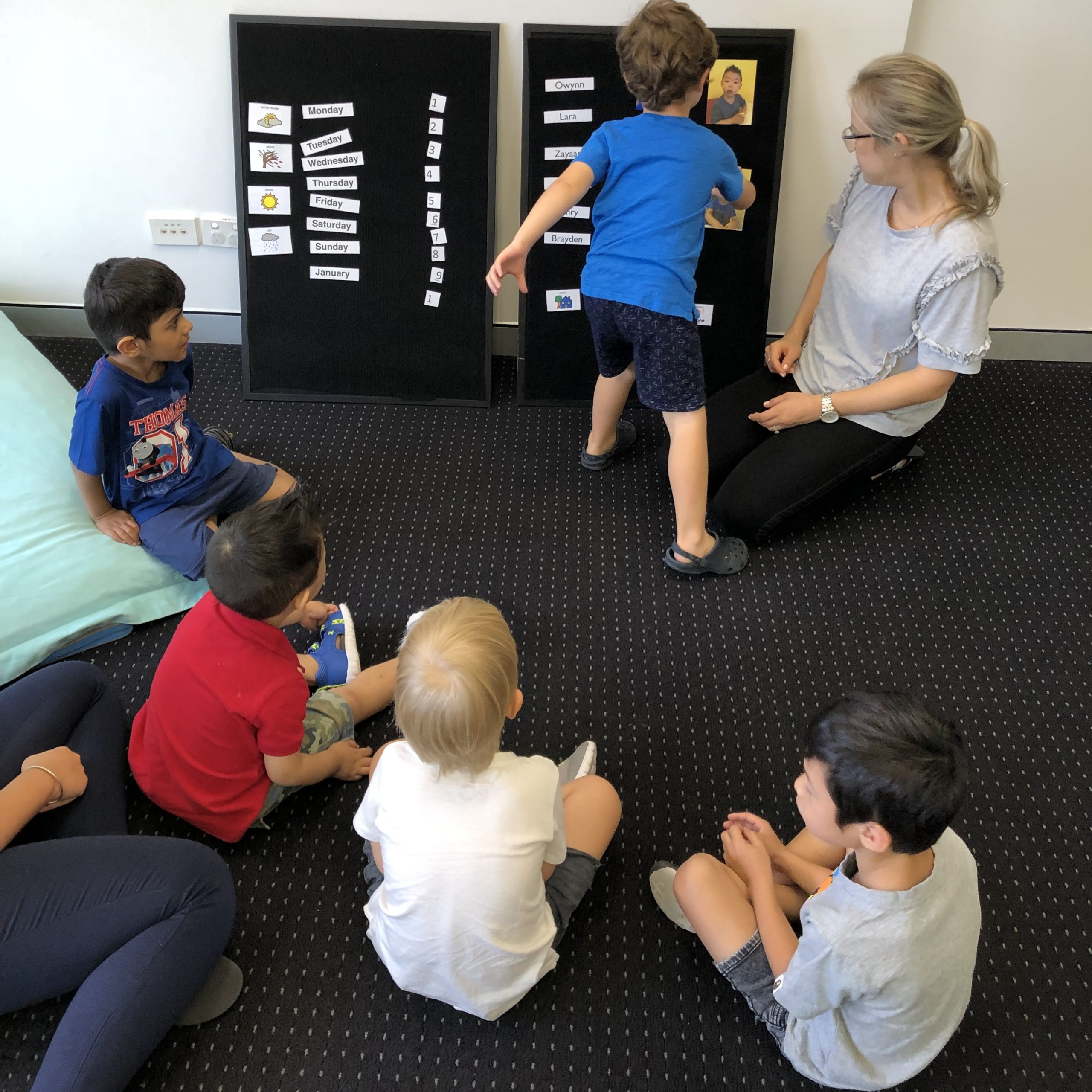
Understanding Developmental Language Disorder (DLD) and How Speech Pathology in Bondi Junction and Mascot Can Help
Developmental Language Disorder (DLD) is a condition where children struggle to learn and use language effectively. This means they may find it hard to understand what others are saying or have difficulty expressing their thoughts and feelings. Importantly, DLD is not due to low intelligence or hearing issues; it’s simply a different way the brain develops. Understanding DLD is key to providing the right support for children with language difficulties. In this blog, we’ll explore what DLD is, how it affects children, and how Speech Pathology at our Bondi Junction and Mascot clinics can help.
What is Developmental Language Disorder?
DLD affects a child’s ability to understand and use language. Children with DLD might face challenges in speaking, listening, reading, and writing. For example, they may struggle to follow instructions, find the right words, or form sentences correctly. These difficulties can impact their ability to communicate and succeed in school. If your child shows signs of language delay, working with a skilled Speech Pathologist in Bondi Junction or Mascot can make a big difference in their development.
How Does DLD Affect Children?
- Understanding Language: Children with DLD often find it difficult to comprehend what people are saying. They may struggle to follow conversations, understand stories, or grasp the meaning of words and sentences.
- Speaking: Expressing thoughts can be a challenge for children with DLD. They might have trouble finding the right words, using grammar correctly, or forming sentences that make sense, which can make it hard to communicate with others.
- Reading and Writing: Language skills are closely tied to reading and writing. Children with DLD often face difficulties recognising words, understanding what they read, or writing clearly.
- Social Interaction: Communication plays a key role in building relationships. Children with DLD might find it hard to join conversations, understand jokes, or participate in games involving language, which can lead to feelings of isolation.
Why Does DLD Happen?
The exact cause of DLD remains unclear, but it is believed to be related to how the brain processes language. It’s not caused by poor upbringing, hearing problems, or lack of intelligence. In fact, children with DLD are often just as intelligent as their peers; they simply need extra support with language development.
Signs of Developmental Language Disorder
- Early Years: Children with DLD may be late to start talking. They might use fewer words than other children their age or have trouble forming sentences.
- Preschool Age: As they grow, children with DLD may struggle with understanding simple instructions, following stories, or participating in conversations. These challenges can also make it hard for them to play with other children.
- School Age: In school, children with DLD may find it difficult to learn to read and write. They might also struggle to keep up with lessons or classroom discussions, which can affect their academic performance.
How Can Speech Pathology Help Children with DLD?
At our clinics in Bondi Junction and Mascot, Speech Pathologists provide targeted support for children with DLD. Here’s how:
- Speech Therapy: Speech Pathologists use proven techniques to help children improve their understanding and use of language. Therapy sessions are engaging and fun, often involving games, activities, and exercises that make learning enjoyable.
- Creating a Supportive Environment: At home and in school, it’s important to create a language-rich environment. Speak clearly, use simple sentences, and give your child time to respond. Visual aids, like pictures and gestures, can also help them understand more easily.
- Reading Together: Reading books with your child is an excellent way to boost language skills. Choose picture books with simple text and encourage your child to talk about the pictures. This helps improve their vocabulary and comprehension.
- Encouraging Communication: Encourage your child to express themselves, even if they find it difficult. Listen patiently, praise their efforts, and gently correct any mistakes. This positive reinforcement builds their confidence and motivation to communicate.
- Teacher Collaboration: Work closely with your child’s teachers to ensure they understand your child’s needs. Teachers can provide extra support in the classroom, such as repeating instructions, using visual aids, and offering help with reading and writing.
Why Choose OneOnOne Children’s Therapy for Speech Pathology?
At OneOnOne Children’s Therapy, we are committed to helping children with DLD reach their full potential. In Bondi Junction and Mascot, we offer a comprehensive range of Speech Pathology services tailored to the needs of each child. Our expert Speech Pathologists use innovative therapy techniques in a fun, supportive environment to help children overcome language delays and improve their communication skills. Our Speech Pathologists are members of Speech Pathology Australia.
Reach Out for Speech Pathology Support in Bondi Junction and Mascot
If you are concerned about your child’s language development, OneOnOne Children’s Therapy is here to help. Our dedicated team of Speech Pathologists, Occupational Therapists, and Certified ESDM Therapists provides top-quality early intervention for children with language delays, autism, and developmental challenges. We serve families across Bondi Junction, Mascot, and Sydney’s Eastern suburbs.
Call our Bondi Junction or Mascot clinics at (02) 8065 7837 or email us to book a consultation. Let us support your child’s journey to better communication and improved language skills.
